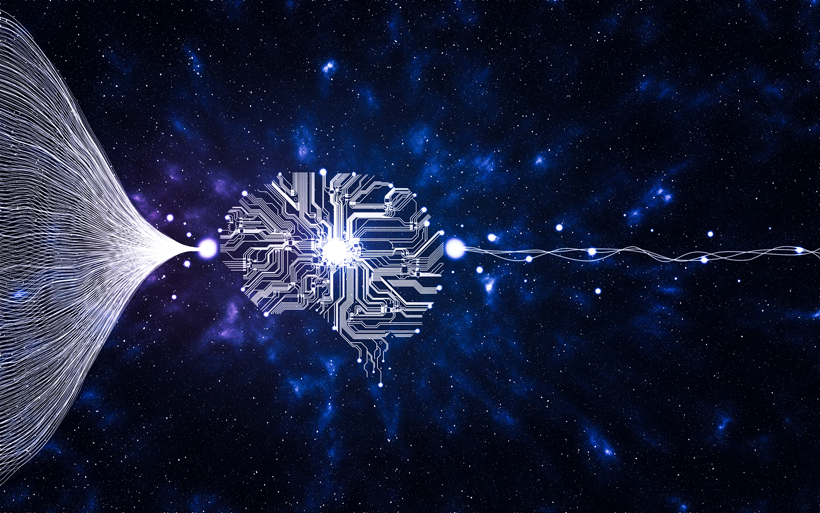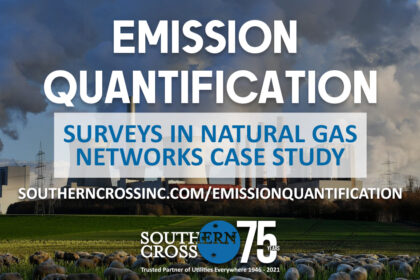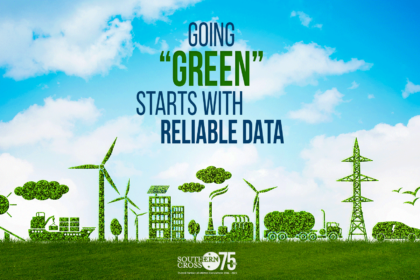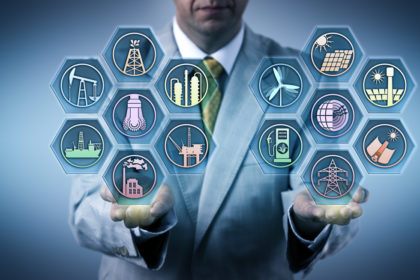
Artificial Intelligence: Lay Of The Land
According to the report published by Navigant Research, $37 billion is expected to be spent from 2014 to 2023 on CIS and analytics. Moreover, the utility spending for improving customer engagement is expected to grow to $774 million by 2022. This is the result of utilizing the predictive analysis for the operational enhancement and for improved customer experience. In this wave of digital disruption, artificial intelligence is the poising factor. It has been changing the paradigms of the industrial and utility section while revitalizing the ways industries compete, run, and thrive.
Artificial Intelligence was first coined in 1955, which indicates the capability of the machines to portray the human-like functionalities more effectively. Artificial Intelligence has innovative and exciting prospects for the utility industry, but they are not ingenious. However, these prospects will be beneficial for the industries that are inclined to take the pitch.
The utility sector is a sector aimed at providing consistent necessities to users such as water, gas, and electricity. Artificial intelligence has been combined with data sciences to ensure the positive advances for the utility providers who are willing to take the plunge.
Artificial Intelligence Trends In The Utility Industry
Artificial intelligence has seen its ups and downs since its initial conceptualization, but the prospects are now seeing the real progress.
- Artificial intelligence has given rise to low-cost massive computational power, and the GPU design enhancement has improved the efficiency of the algorithms
- It has compiled big data for the industries to ensure better decision-making
However, the utility industry has been working on adapting to the artificial intelligence, but the percentage remains low.

Utilization of Artificial Intelligence in Utility Industry
In the years to come, the utility industry has a huge potential if artificial intelligence is adequately incorporated and embraced. We have compiled numerous ways to integrate artificial intelligence to yield enhanced outcomes. Have a look!
- In the utility industry, short-term loading forecast has been named vital. Artificial intelligence has been forecasted to reduce global energy usage and supply & demand peaks by 10%
- Artificial intelligence ensures the optimization of energy efficiency while monitoring turbine performance. It has helped increase energy production by 20%
- It enables the predictive maintenance which can be augmented with asset assessment which distinguishes the predictive failure and defects to ensure zero industrial downtime
- With artificial intelligence, demand management can be automated, and the energy consumption will be made flexible to ensure the optimal user experience
- Energy theft accounts for 40% of the distributed electricity. With artificial intelligence, usage patterns, customer data, and payment history can be checked to identify the irregular behavior
- Artificial intelligence allows the users to work on shaping the electricity prices which ensures the minimum consumer churn and maximum margin
- The renewable energy trends are spiking, which sends back the generated electricity back to the grid resulting in energy waste. With artificial intelligence, utility data centers can analyze the supply and demand to ensure minimum energy waste
- The prospect of a virtual agent is on the rise given the fact that artificial intelligence automatically categorizes the service history and send out pre-warnings for ineffective liabilities
- In the case of the consumers, they can analyze the energy consumption from the meter data per appliance base and control their bill
- Energy consumers can analyze their preferences such as budget and energy type and choose the energy retailers accordingly
- The utility industry has been shaping consumer demand based on renewable energy. For instance, they have used artificial intelligence to determine the high consumption areas and are shifting those areas on renewable energy sources
- Artificial intelligence helps the utility industries to identify the weak points in the framework before the outage to make certain the minimum downtime and diminish power outage
Artificial Intelligence In Utility Industry & Government Regulations
It has been forecasted that 50% of the utility staff will retreat from the industry in coming years which is a positive prospect given the fact that humans tend to stick to the old working models rather than clenching to advanced ideas.
According to the finance department of the USA government, artificial intelligence has reduced the energy waste by 40% by predicting the supply and demand. This has encouraged the government to opt for artificial intelligence but have they regulated it? Before we get on to see the yes or no, let's see if it should be regulated by the government? Artificial intelligence is a deregulated landscape, and the current government regulations are focused on endorsing innovation. The government regulations revolve around data protection, product safety and liability, and cybersecurity.
Tori Covington | Marketing and Business Development Specialist











